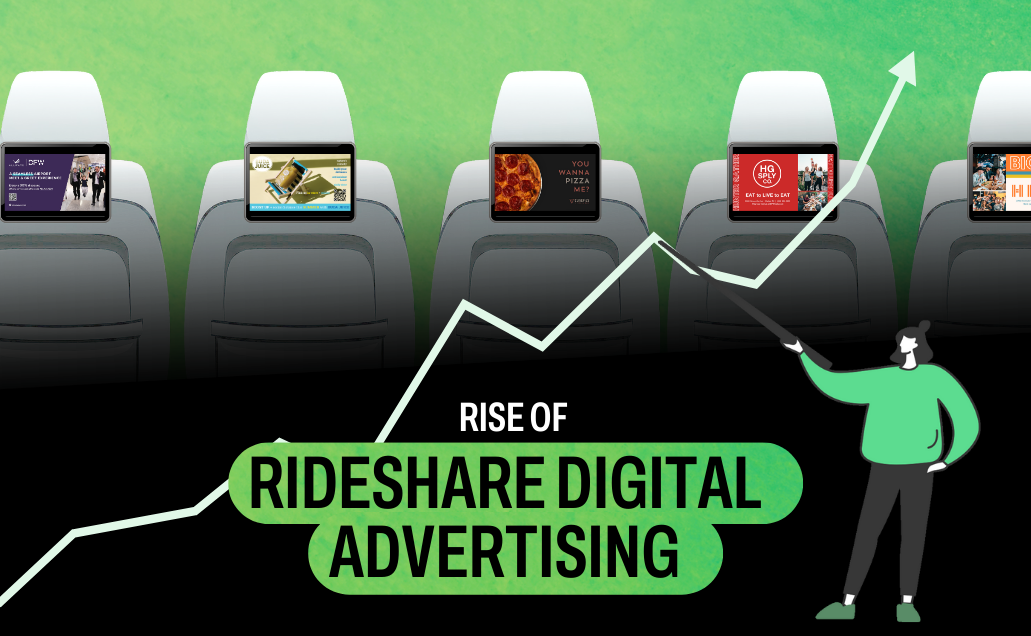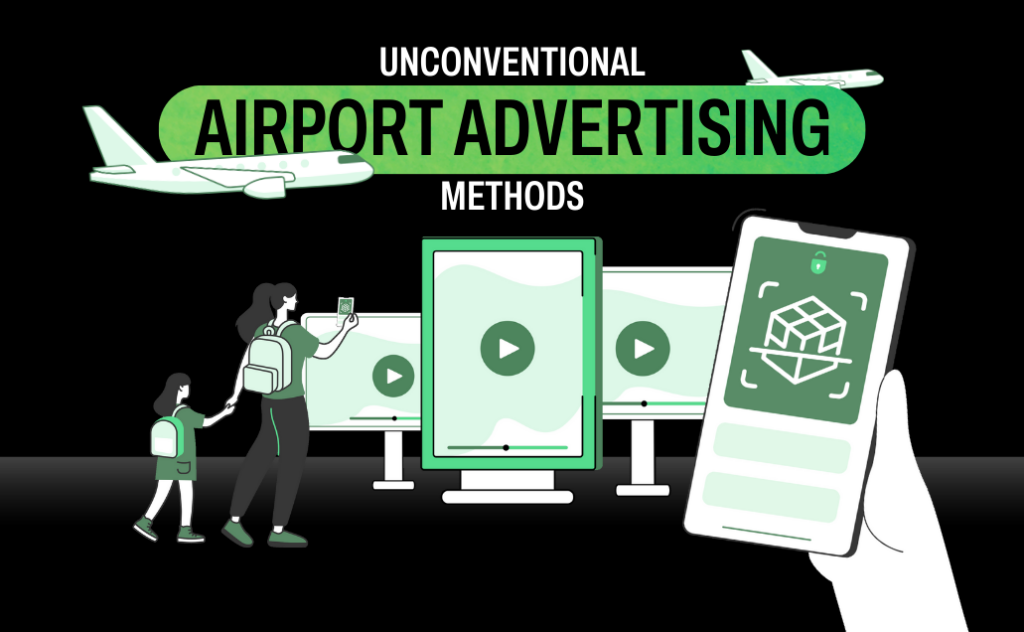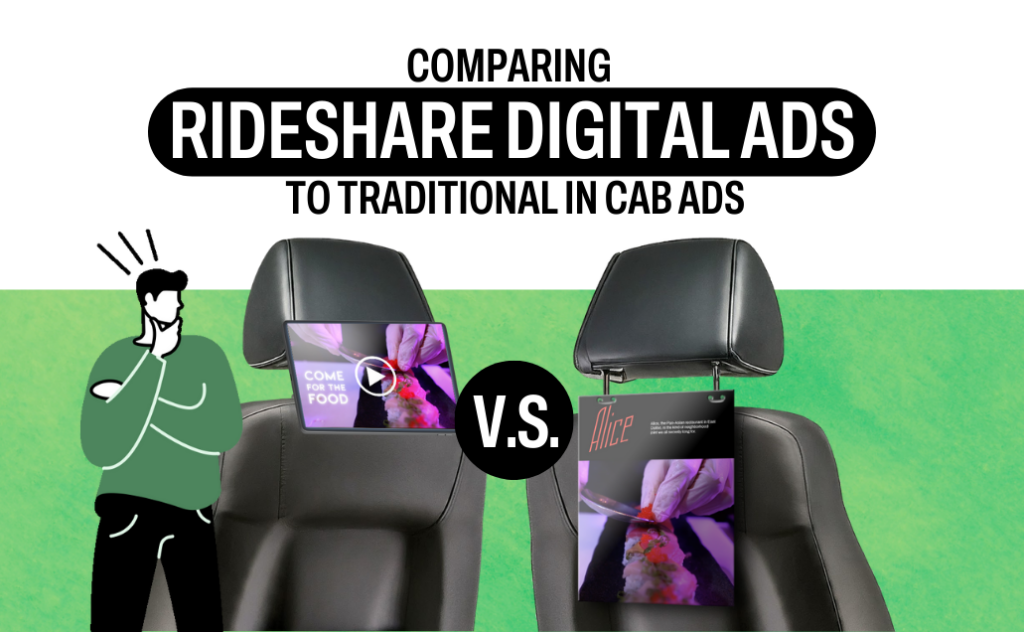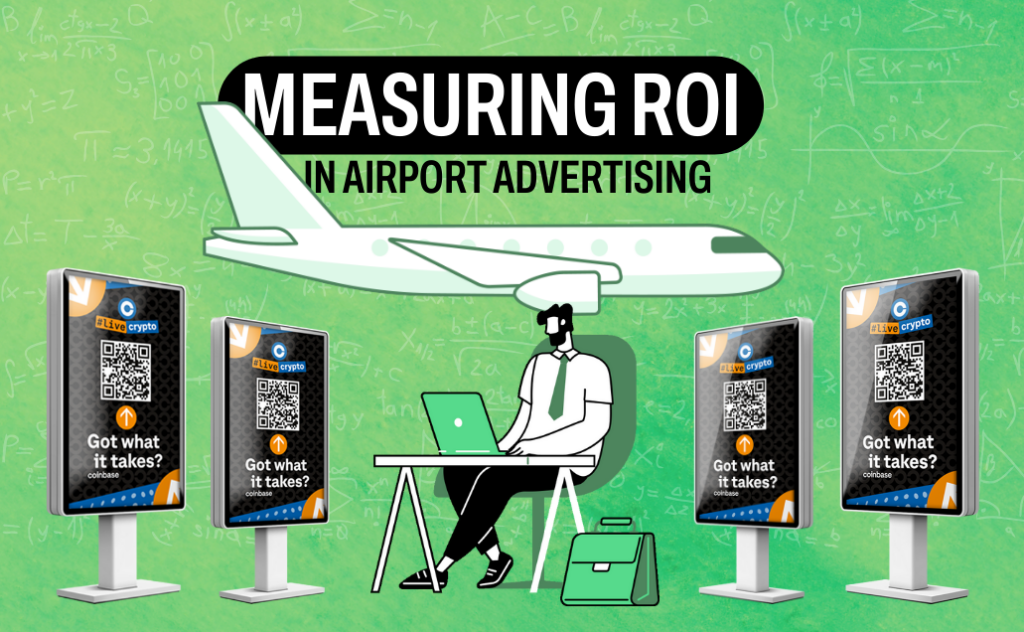The Growth of Rideshare Services
The rise of rideshare services has been nothing short of revolutionary. What began as a novel concept has quickly become a staple of urban transportation, with millions of rides being completed daily across the globe. Rideshare platforms have transformed how people navigate cities, offering convenience, affordability, and flexibility. As these services continue to expand, they present an increasingly valuable space for advertisers looking to connect with consumers in a highly targeted and personal setting.
The Appeal of In-Cab Digital Ads
Rideshare digital ads, also known as in-cab digital ads, leverage the captive audience of passengers to deliver targeted and engaging content. Unlike traditional advertising mediums, in-cab digital ads benefit from the unique environment of a rideshare vehicle, where passengers are generally in a relaxed and receptive state. This setting offers a prime opportunity for brands to capture attention and convey their messages effectively.
In-cab digital advertising typically involves the installation of screens or tablets in the back of seats, providing a platform for interactive and visually compelling ads. These digital displays can showcase a range of content, from promotional videos and brand messages to interactive features and special offers. The ability to engage passengers directly within the vehicle creates a more immersive and memorable advertising experience.
Advantages of Rideshare Digital Advertising
1. Highly Targeted Audience
One of the most significant advantages of rideshare digital advertising is the ability to target a highly specific audience. Rideshare services collect extensive data on their users, including demographics, travel patterns, and locations. This data enables advertisers to deliver tailored messages that align with the interests and behaviors of passengers. For example, a local restaurant might target ads to passengers in a particular area or during specific times of day when they are most likely to be searching for dining options.
By leveraging data-driven insights, brands can create more relevant and personalized ad experiences that resonate with passengers and drive higher engagement.
2. Captive and Receptive Audience
Passengers in rideshare vehicles are in a unique position to engage with in-cab digital ads. Unlike other forms of advertising, where viewers may be distracted or multitasking, rideshare passengers are typically focused on their surroundings during their journey. This captive audience is more likely to pay attention to the ads displayed within the vehicle, making it an effective platform for delivering impactful messages.
Additionally, the relaxed environment of a rideshare ride allows for a more receptive and open-minded audience. Passengers are often in a leisure or transitional state, making them more amenable to engaging with advertising content.
3. Enhanced Engagement and Interactivity
In-cab digital ads offer opportunities for enhanced engagement through interactive features. Modern digital advertising technology allows passengers to interact with the ads by participating in surveys, accessing promotional offers, or exploring branded content. This level of interactivity not only captures attention but also encourages active participation, leading to a more immersive and memorable ad experience.
For example, a rideshare ad could include a QR code that passengers can scan to receive a discount at a nearby store or a link to a video that provides more information about a product. Interactive elements create a direct connection between the ad and the passenger, increasing the likelihood of conversion.
4. Real-Time Advertising Capabilities
The dynamic nature of digital advertising allows for real-time updates and adjustments to ad content. Rideshare digital ads can be programmed to display different messages based on factors such as location, time of day, or current events. This real-time capability enables advertisers to respond to changing conditions and tailor their content to be more relevant and timely.
For instance, a brand could run ads promoting a special event during the evening rush hour or display weather-related promotions based on the local forecast. This flexibility ensures that ads remain pertinent and engaging throughout the duration of the campaign.
Implementing a Rideshare Digital Advertising Strategy
To effectively leverage rideshare digital advertising, brands should consider several key factors:
- Define Clear Objectives: Establish clear goals for your rideshare advertising campaign, whether it’s increasing brand awareness, driving traffic to a website, or promoting a specific offer. Clearly defined objectives will help guide the development and execution of your ad content.
- Utilize Data-Driven Insights: Leverage the data provided by rideshare services to target your ads effectively. Analyze user demographics, travel patterns, and other relevant data to tailor your messaging and reach the most relevant audience segments.
- Create Engaging Content: Develop visually compelling and interactive ad content that captures passengers’ attention. Use high-quality visuals, engaging videos, and interactive features to create a memorable ad experience.
- Monitor and Optimize: Continuously track the performance of your rideshare digital ads and make data-driven adjustments as needed. Monitor metrics such as engagement rates, conversion rates, and audience feedback to optimize your campaign for better results.
Conclusion
The rise of rideshare services has created new opportunities for digital advertising, with in-cab digital ads emerging as a powerful platform for reaching and engaging passengers. By leveraging the captive and receptive nature of rideshare environments, advertisers can deliver targeted, interactive, and impactful messages that drive results. As the rideshare industry continues to grow, embracing digital advertising within these platforms offers a unique and effective way to connect with consumers in a meaningful way. With the right strategy and execution, rideshare digital advertising can be a valuable addition to your marketing mix, providing both immediate and long-term benefits for your brand.




